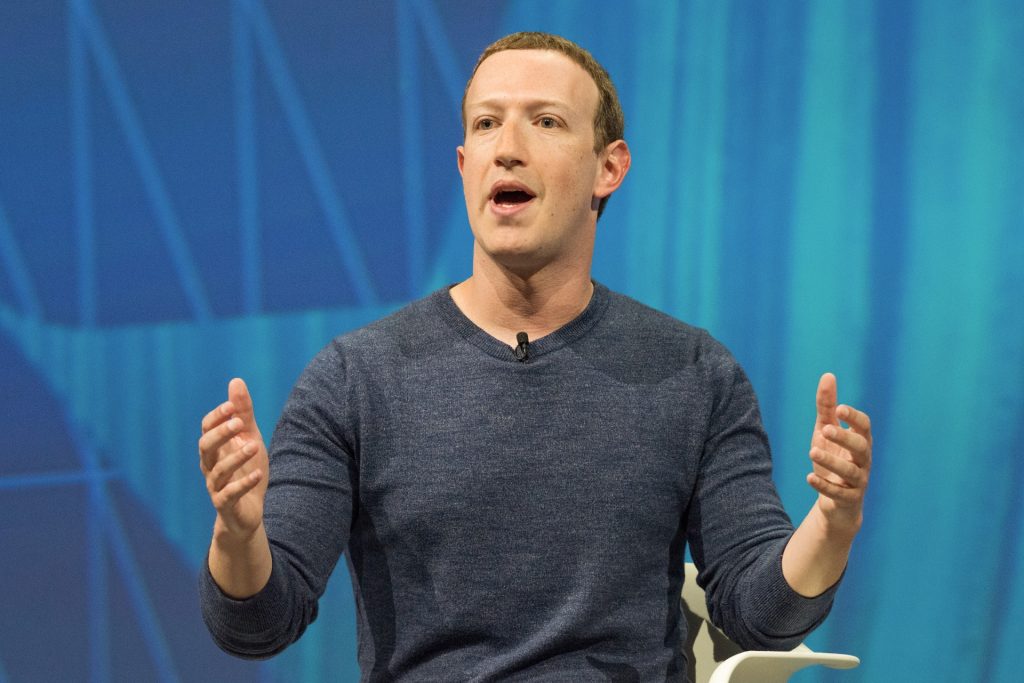AI might soon be capable of performing tasks traditionally done by human employees.
Others are reading now
Artificial intelligence has rapidly advanced over the past decade, reshaping industries and redefining the way businesses operate.
As technology evolves, concerns about job security have grown, particularly in fields that rely on repetitive tasks.
Many experts predict that AI will not necessarily eliminate jobs but will instead shift human workers into more creative and strategic roles.
Also read
Could Lead to Significant Job Losses
During a recent interview on Joe Rogan’s podcast, Mark Zuckerberg, CEO of Meta, addressed the potential impact of AI on the workforce.
While he was careful with his wording, he suggested that AI might soon be capable of performing tasks traditionally done by human employees, according to El Economista.
Zuckerberg acknowledged that AI has already reached the point where it can write code, which is the foundation of apps, websites, and software platforms.
He stated: “By 2025, Meta, along with other companies in the industry, will likely have an AI that functions as a mid-level engineer, capable of writing code.”
He noted that, at first, these AI systems will be expensive, but over time, they will become more efficient.
As AI becomes more advanced, it may be used to develop new technologies and even train other AI systems.
While Zuckerberg stopped short of explicitly saying that AI will replace workers, he admitted that hiring practices will change.
“It’s too early to say whether this will lead to significant job losses,” he said, though the implication was clear.
The shift toward AI-driven development raises questions about the future of employment in the tech sector.
With over 70,000 employees at Meta, openly stating that machines could replace them would likely create backlash.
Instead, Zuckerberg indicated that new hiring may slow as AI takes on more responsibilities. From there, the possibility of workforce reductions becomes a logical next step.


